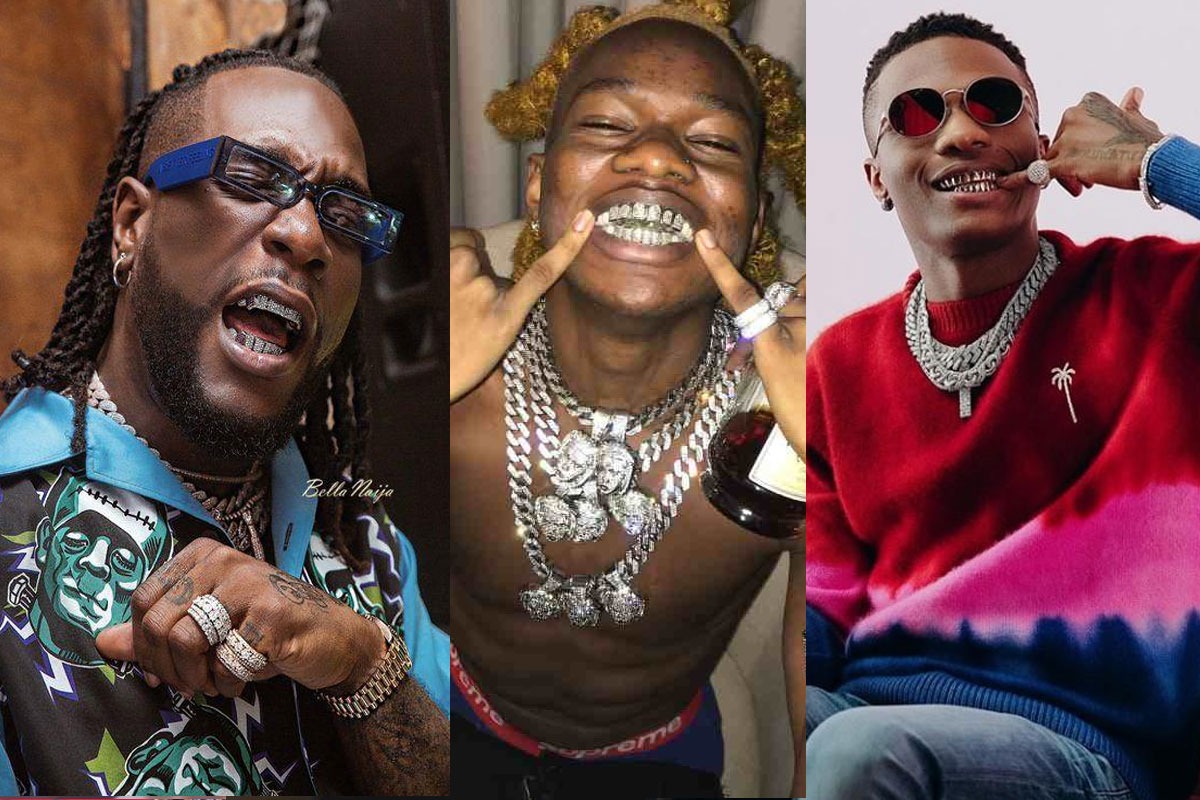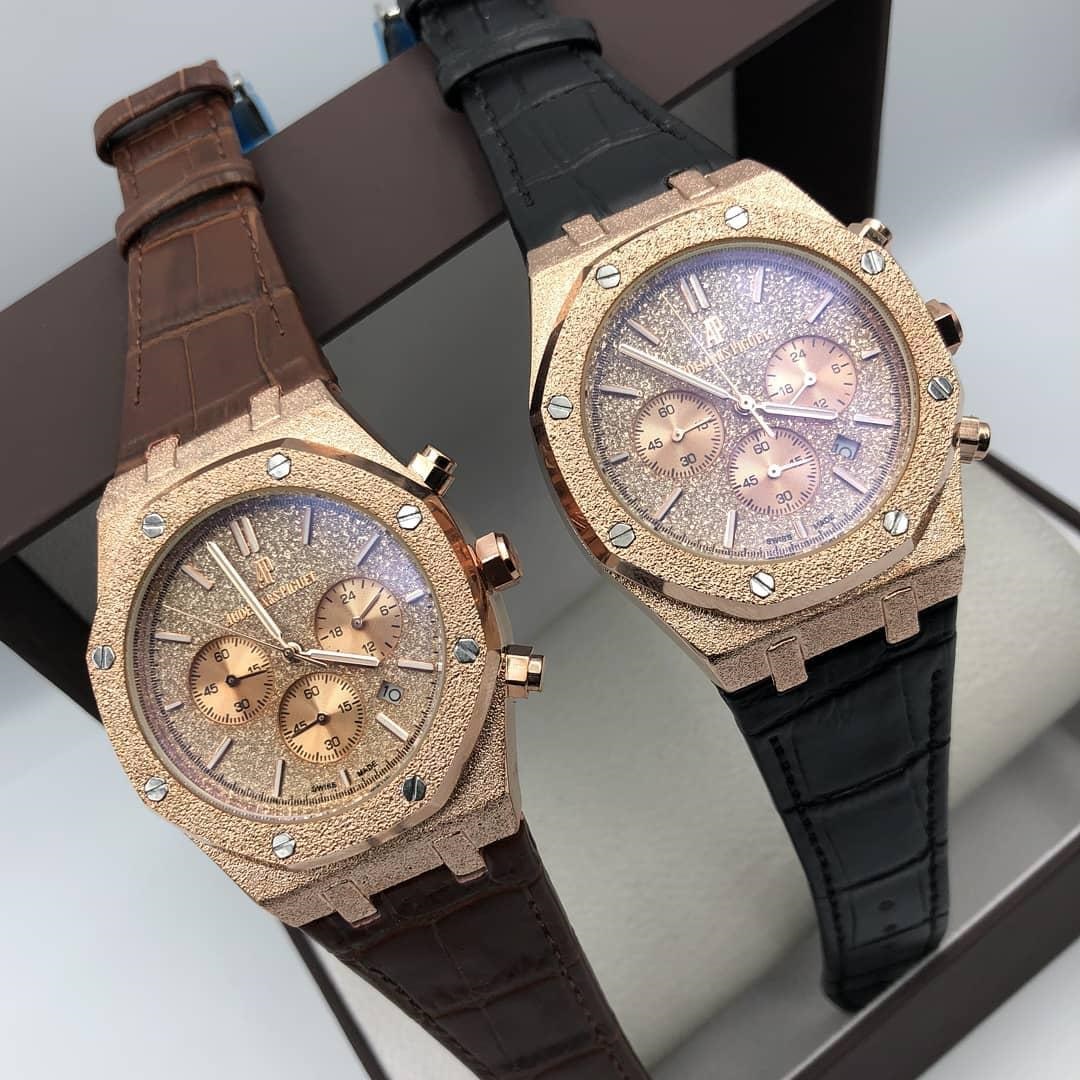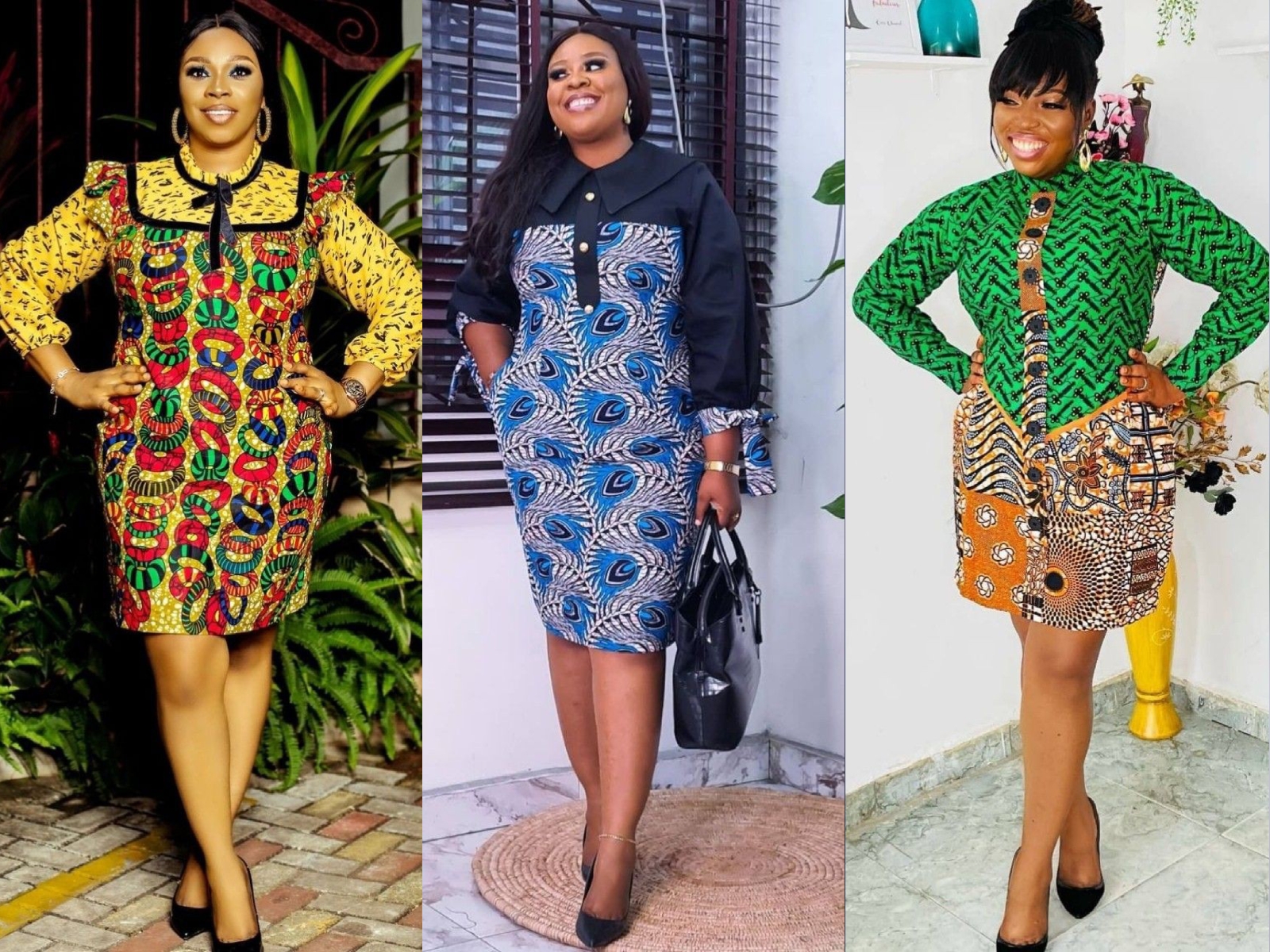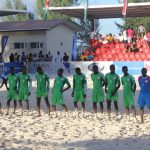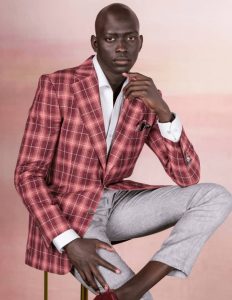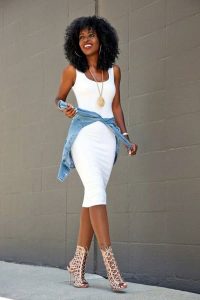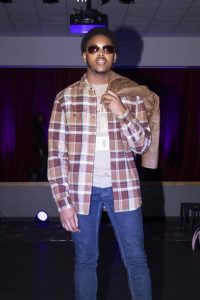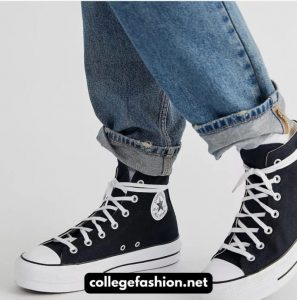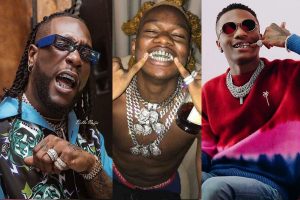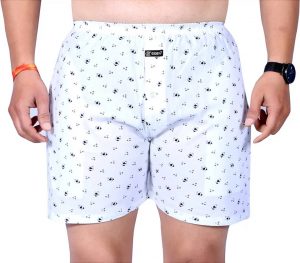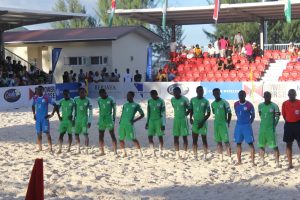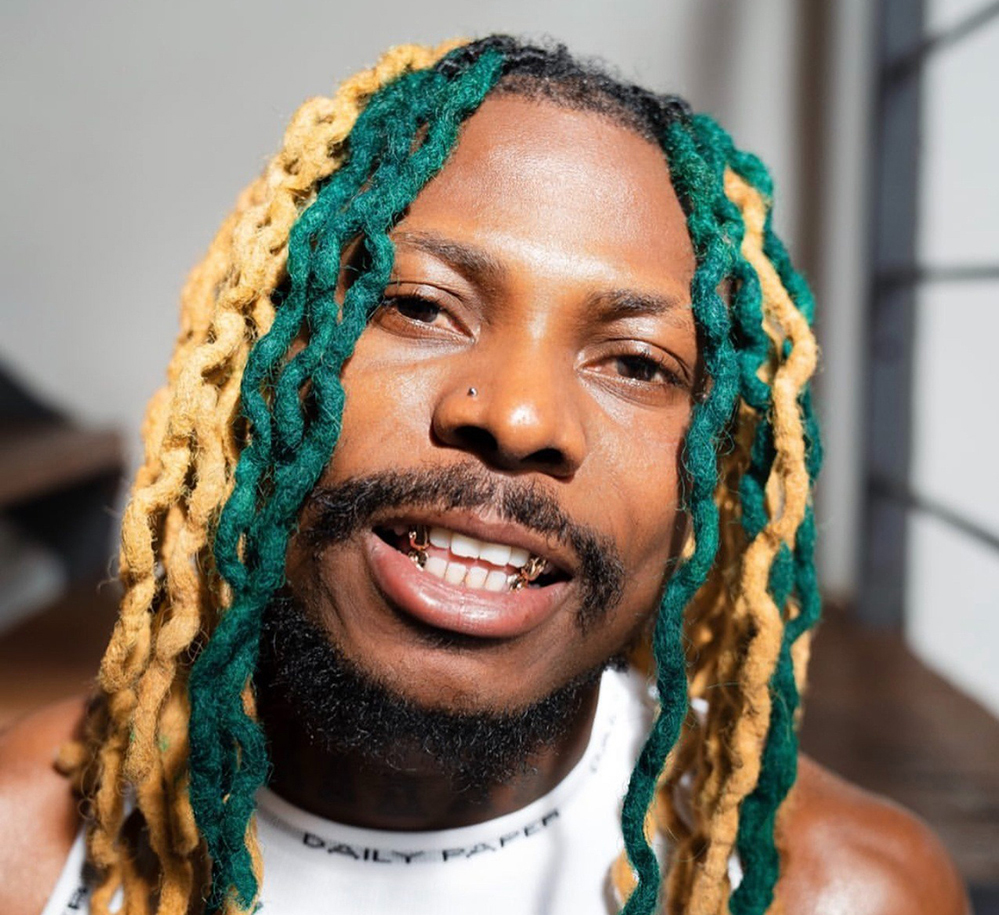
Asake Credit: 9ja daily
Dreadlocks, commonly referred to as “locs,” are a distinctive hairstyle characterized by the deliberate matting and twisting of hair into rope-like strands. This hairstyle holds cultural and spiritual significance for various communities around the world, including Nigeria.
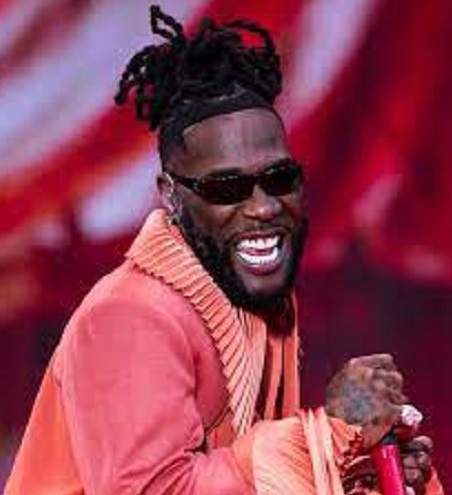
In Nigeria, dreadlocks are not only a fashion statement but also a representation of cultural identity and personal expression. They are often associated with the Rastafarian movement, which gained popularity internationally through reggae music, particularly that of Jamaican musician Bob Marley. While the origins of dreadlocks in Nigeria might be linked to the Rastafarian movement, they have evolved to encompass a broader range of meanings.
In many Nigerian cultures, including among the Yoruba and Igbo peoples, hairstyles hold symbolic value and can indicate a person’s social status, age, marital status, and even their spiritual beliefs. Some Nigerians choose to wear dreadlocks to express their individuality, or challenge mainstream beauty standards. The hairstyle can also be a way of embracing a low-maintenance lifestyle, as dreadlocks typically require less frequent styling and maintenance compared to other hairstyles.
However, it’s important to note that the acceptance of dreadlocks can vary widely in Nigeria. While some people appreciate and embrace the cultural and spiritual significance of the hairstyle, others may view it as unconventional or unprofessional, particularly in formal settings such as workplaces or educational institutions. As a result, individuals with dreadlocks might sometimes face discrimination or negative stereotypes.
In recent years, there has been a growing movement towards accepting diverse hairstyles among youth in Nigeria and challenging the stigma associated with natural and traditional hairstyles, including dreadlocks. Activists, celebrities, and everyday people have advocated for embracing African heritage and celebrating cultural diversity through self-expression.
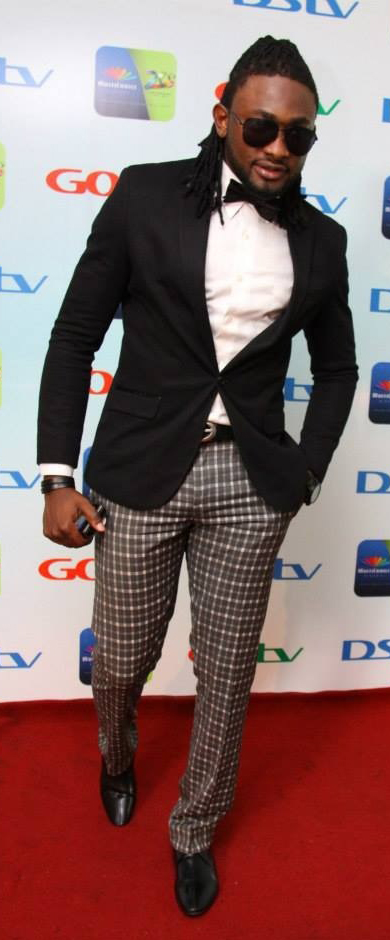
In conclusion, dreadlocks in Nigeria carry a multifaceted significance, encompassing cultural, spiritual, individualistic, and societal aspects. While the perception of this hairstyle has evolved over time, it remains a powerful symbol of identity and a statement of personal choice and expression.
Essence of Dreadlocks
Dreadlocks hold significant importance to the individuals who choose to wear them. Here are some of the reasons why people might opt for dreadlocks and what they can symbolize to the person wearing them:
Cultural and Ethnic Identity:
For many people, dreadlocks are a way to embrace and celebrate their cultural and ethnic identity. They can be seen as a connection to one’s African roots and heritage, as well as a rejection of Eurocentric beauty standards.
Spiritual and Philosophical Beliefs:
Some individuals associate dreadlocks with spiritual or philosophical beliefs. For example, in the Rastafarian movement, dreadlocks are often viewed as a representation of the “lion’s mane” of Haile Selassie I, the former Ethiopian Emperor considered divine by Rastafarians.
Personal Expression:
Dreadlocks are a form of self-expression and individuality. The unique and distinctive appearance of dreadlocks allows individuals to stand out and showcase their personality, creativity, and personal style.
Low Maintenance Lifestyle:
Dreadlocks require less daily styling and maintenance compared to other hairstyles. This can be appealing to those who prefer a low-maintenance hair routine or those who value a more natural approach to hair care.
Symbol of Strength and Patience:
The process of growing and maintaining dreadlocks requires time, patience, and dedication. The journey of cultivating and nurturing one’s locks can be symbolic of personal growth, resilience, and perseverance.
Connection to Nature:
Dreadlocks are often considered a more natural hairstyle, as they require minimal chemical treatments or heat styling. This can reflect a desire to be closer to nature and minimize the use of artificial products.
Breaking Societal Norms:
Wearing dreadlocks can challenge societal norms and expectations related to appearance and grooming. It can be a way for individuals to assert their autonomy and resist conforming to mainstream standards.
Historical and Political Statement:
In some cases, dreadlocks can be a form of protest against historical oppression and systemic racism. By reclaiming a hairstyle that has been stigmatized or marginalized, individuals can make a statement about their rights, history, and identity.
Connection to Music and Art:
Dreadlocks are often associated with music genres like reggae and hip-hop as well as with various forms of art and creativity. People who are passionate about these cultural expressions might choose dreadlocks as a way to align themselves with these artistic movements.
In essence, the importance of dreadlocks to the person wearing them is deeply personal and can encompass a wide range of meanings, from cultural and spiritual to individualistic and symbolic. Each individual’s reasons for wearing dreadlocks are unique and reflect their personal values, beliefs, and aspirations.
What’s your thought about this story?
Kindly like and share.



